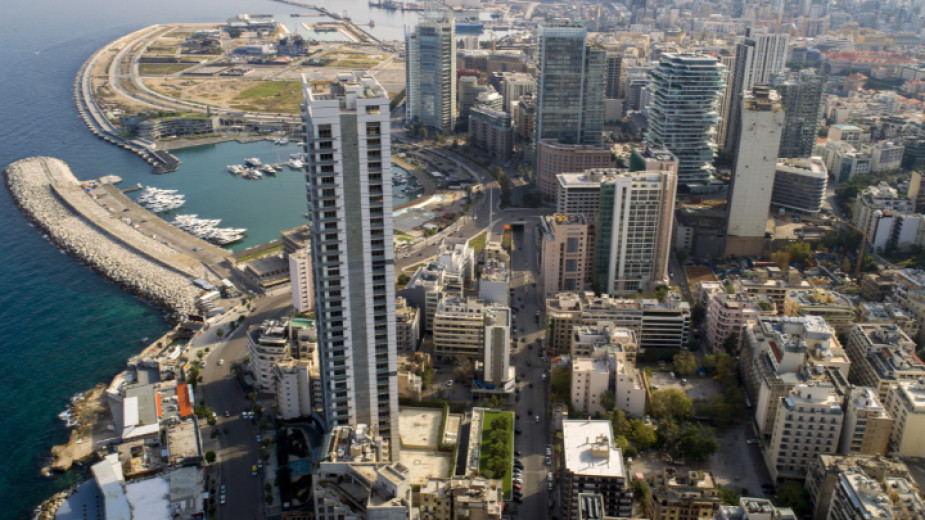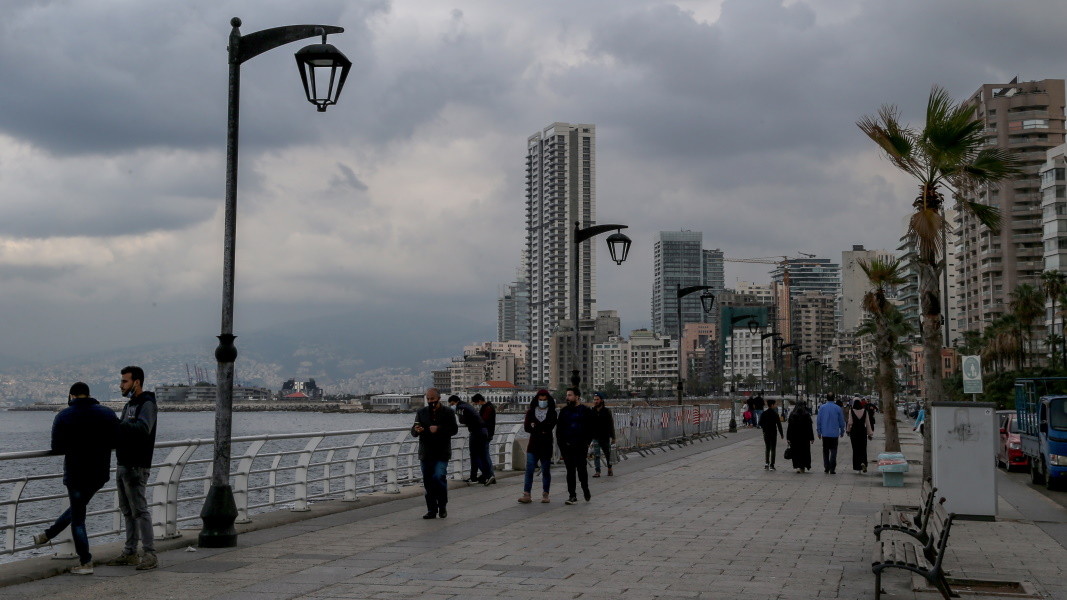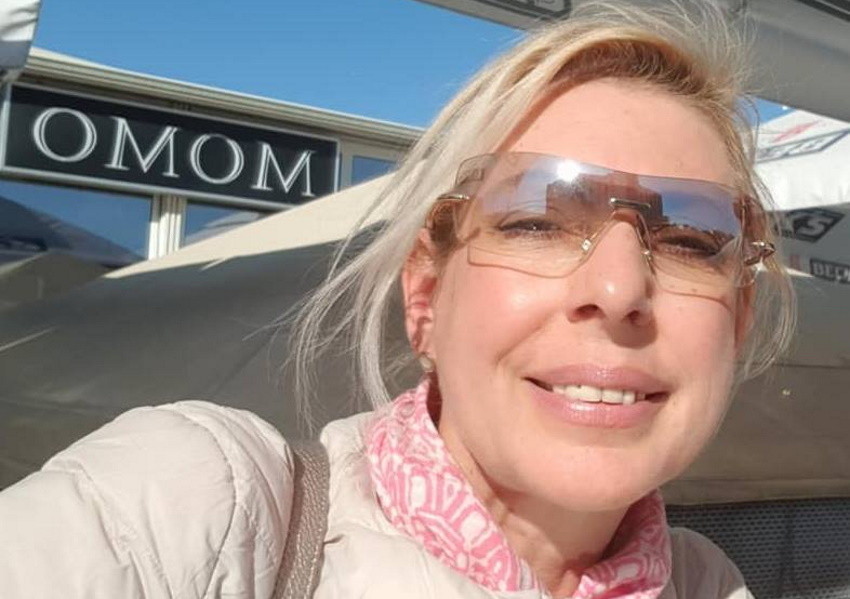 7
7
In the summer of this year the world seemed to forget about the pandemic for a little while and turned its attention to Lebanon. The country was shaken by a devastating explosion and volunteers from all over the world, including Bulgaria, joined the operations to rescue humans and animals.
Lebanon is just 1/10th of the territory of Bulgaria though it has approximately the same population as Bulgaria – almost 7 million. Though small in territory it is home to 2 million Syrian and around 500,000 Palestinian refugees. Between the years 1975 and 1990 it experienced a civil war, periodic Israeli attacks, acts of terror… After the war ended Lebanon seemed to take a breath of fresh air and took the road to recovery, many comparing it to a Phoenix rising from the ashes. In the most difficult of times, the people of Lebanon have always been able to keep their spirit alive.

“Lebanon will always be in my heart,” says Teodora Khoury from Bulgaria, who is married to a man from Lebanon. She has lived in Bulgaria since 2014 but her heart reaches out to Lebanon:
“The Lebanese are incredible,” Teodora says. “Their hearts and their minds are so open, they are very friendly and hospitable. When they invite you to their homes the tables are laden with food, they always help each other out and have such close-knit families. I have learnt so much from them and I pass it on to my three daughters to this day. I am grateful to them, I am grateful to fate for bringing me together with my husband. His entire family made me feel so welcome.”

At the height of summer, on 4 August this year, a huge explosion wracked the port of Beirut leaving devastation in its wake. Whole neighbourhoods were destroyed, almost 180 people were killed, 6,500 were wounded, and 300,000 – left homeless.
“What happened was monstrous,” Teodora says. “Buildings more than 100 years old, architectural monuments - razed to the ground. The people who created the city’s atmosphere – gone. No human being can ever deserve such a fate.”

One of the city quarters hit hardest is Gemmayzeh in the northern part of Beirut, where the family of one of Teodora’s daughters keep shops.
“What they said to me was that they were thankful to be alive,” Teodora says. “Human life has no price. Everything else is here today, gone tomorrow. There was destruction throughout the neighbourhood – groups of young volunteers helped clear away the debris. “These young people gave us back hope, my daughter said to me, they gave us back the courage that not everything is lost.”

Accustomed to getting by without the state’s help, the Lebanese quickly got organized and started helping one another. “They have done that before, during the civil war, and they know how to react in times of crisis,” Teodora says. “That is what makes them different from us, even though we do share features like hospitality and integrity. It is what they experienced during the war that taught the Lebanese one of the most important lessons in life – to cherish life and enjoy it.
Photos: EPA/BGNES and private library
When a contribution in the sphere of science is transformed into the basis for subsequent in-depth research the boundaries between countries and continents seem to melt away – literally and figuratively. That is precisely what happened during a..
Sofia is hosting the finals of ER Champ 2025 — described by the organisers as the world’s largest international escape room competition . Taking place on 19 and 20 October, the event will bring together twelve teams from around the globe , each of..
More than 500 people from across Bulgaria are gathering today in the village of General Todorov, near Petrich, for the national festival “Once Upon a Time… When Bread Had a Soul,” the village mayor, Stanislav Stankov, has announced. Now in its fourth..
A celebration of children’s love of books and imagination will take place on 25 October in Los Angeles, organised by the Bulgarian School “St. St. Cyril..
The cool autumn evenings give us a reason to immerse ourselves in the cosy atmosphere of restaurants in Sofia and try new flavours..
At 04:00 Bulgarian time on October 26, 2025, we must turn our clocks back one hour. This means one more hour of sleep, but it..

+359 2 9336 661
